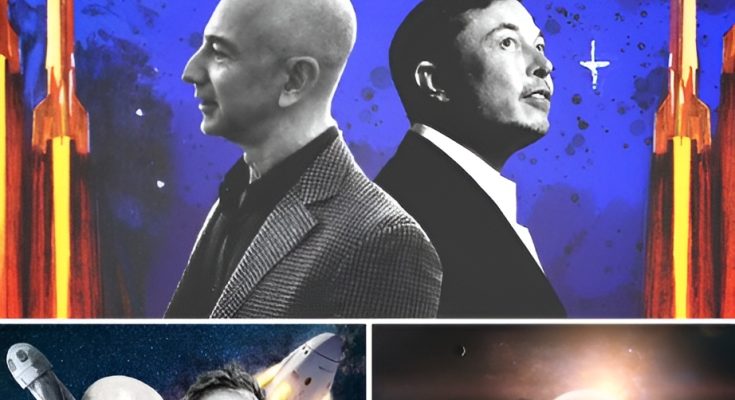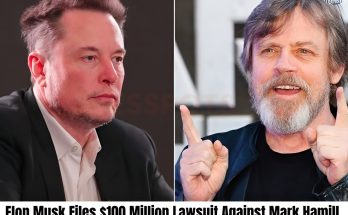In the rapidly evolving arena of space exploration, the rivalry between tech titans Jeff Bezos and Elon Musk has reached new heights. With Musk’s SpaceX leading the charge in commercial space travel, Bezos is making a bold move by betting a staggering $20 billion to challenge this dominance. This article explores the motivations behind Bezos’s investment, the strategies he may employ, and the implications for the future of space exploration.
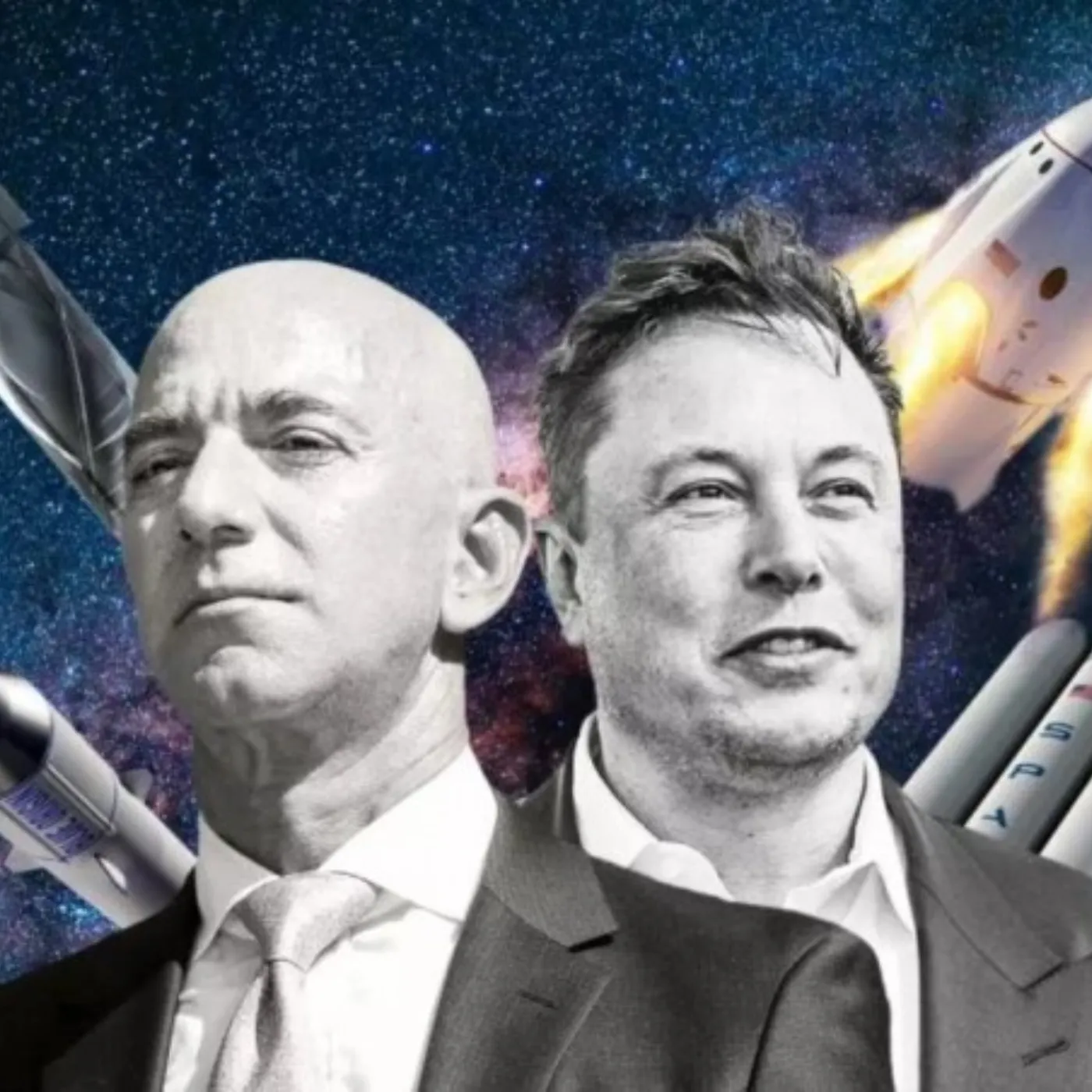
The Motivation Behind the Investment
Jeff Bezos, the founder of Amazon and space exploration company Blue Origin, has long harbored ambitions of transforming humanity’s relationship with space. His vision includes not only launching people and cargo into orbit but also establishing a human presence on the Moon and eventually Mars. With SpaceX making significant strides in reusable rocket technology and successful missions, Bezos recognizes the urgent need to escalate his efforts.
The $20 billion investment reflects Bezos’s commitment to competing directly with Musk’s innovations. By increasing funding for Blue Origin, Bezos aims to accelerate the development of next-generation rockets and spacecraft, positioning his company as a serious contender in the space race. The stakes are high, as the winner of this competition could define the future of space travel for decades to come.
The Strategies in Play
Bezos’s approach to challenging SpaceX is multi-faceted. One of the key strategies involves enhancing Blue Origin’s technology. The company has already made headlines with the successful launch of its New Shepard suborbital spacecraft and the development of the New Glenn orbital rocket. The additional funding will likely expedite these projects, enabling Blue Origin to compete more aggressively in both commercial satellite launches and crewed missions.
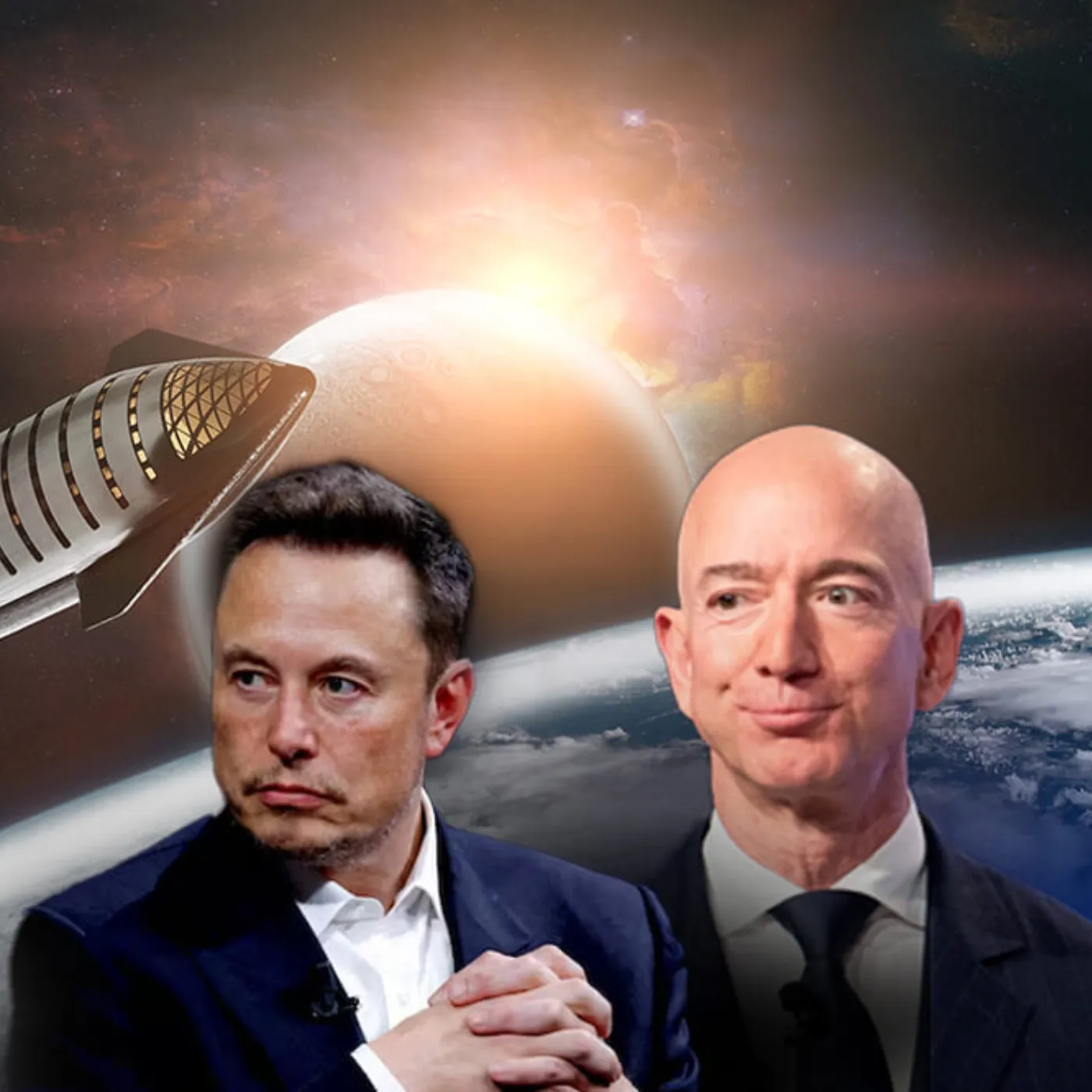
Moreover, Bezos has expressed interest in lunar exploration, with the Blue Moon lander designed for missions to the Moon’s surface. This focus on lunar initiatives could give Blue Origin a competitive edge, especially in light of NASA’s Artemis program, which aims to return humans to the Moon. By aligning with governmental space initiatives, Bezos can leverage public funding and contracts to bolster Blue Origin’s capabilities.
Implications for Space Exploration
The rivalry between Bezos and Musk is not just about corporate competition; it has broader implications for the future of space exploration. As both billionaires invest heavily in their respective companies, the advancements in technology and reductions in launch costs could lead to a new era of accessibility in space travel. This increased competition may also attract more private investors and encourage innovation within the industry.
Furthermore, the focus on sustainable practices is becoming a priority for both companies. As public interest in environmental issues grows, Bezos and Musk will likely compete not only on technology but also on their commitment to sustainability in space travel. This shift could set new standards for the industry, emphasizing the importance of eco-friendly practices in future space missions.
The Broader Impact on the Industry
The competition between Bezos and Musk is indicative of a larger trend in the space industry, where private companies are playing an increasingly significant role. As traditional space agencies like NASA partner with these private entities, the landscape of space exploration is evolving rapidly. The outcome of this rivalry could lead to breakthroughs that benefit various sectors, from telecommunications to scientific research.
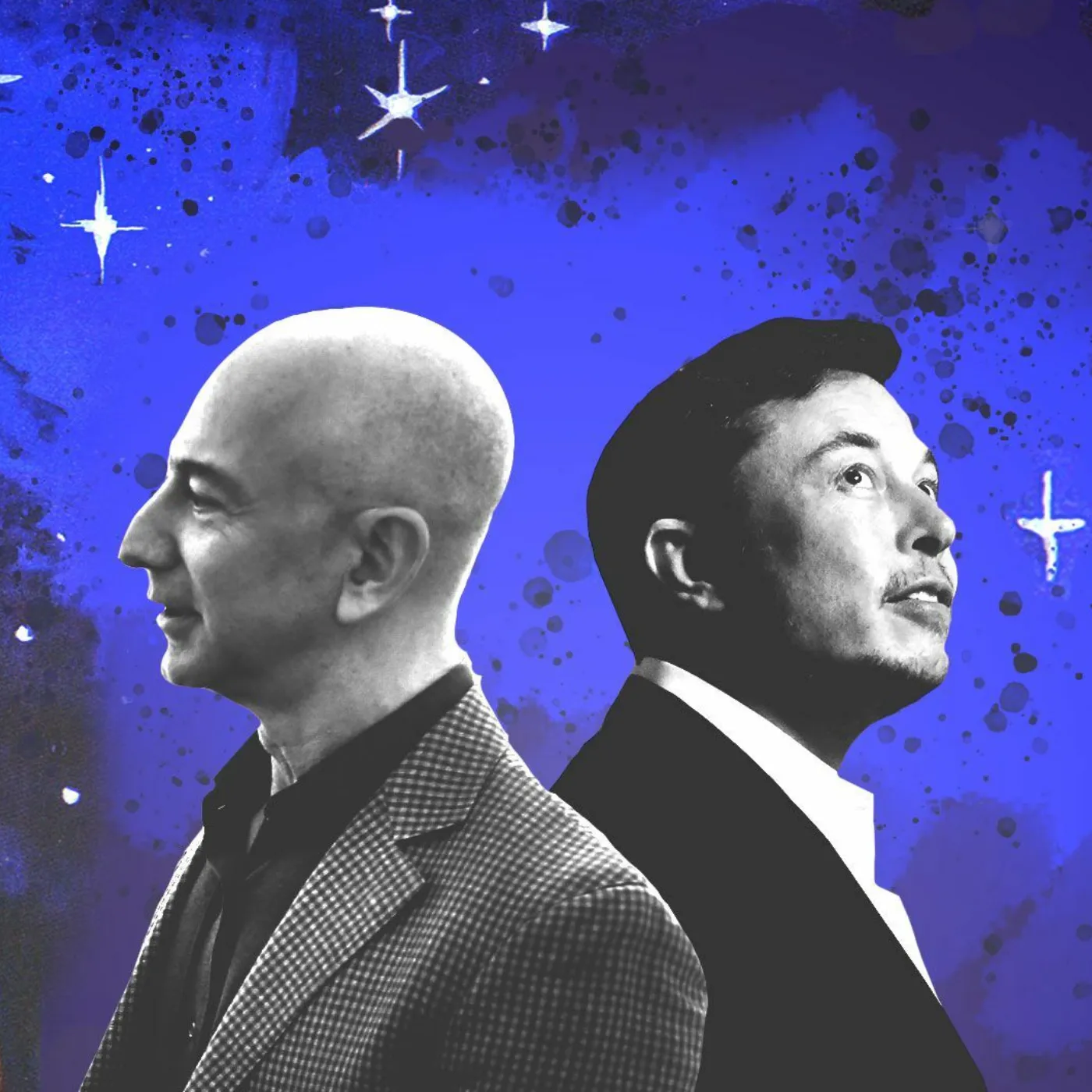
In conclusion, Jeff Bezos’s $20 billion bet to challenge Elon Musk’s SpaceX underscores the high stakes involved in the new space race. As both innovators push the boundaries of technology and exploration, the future of space travel looks promising. This competition not only fosters innovation but also enhances public interest in space exploration. As we witness these developments unfold, one thing is clear: the race to dominate the cosmos is just beginning, and the implications for humanity are monumental.
